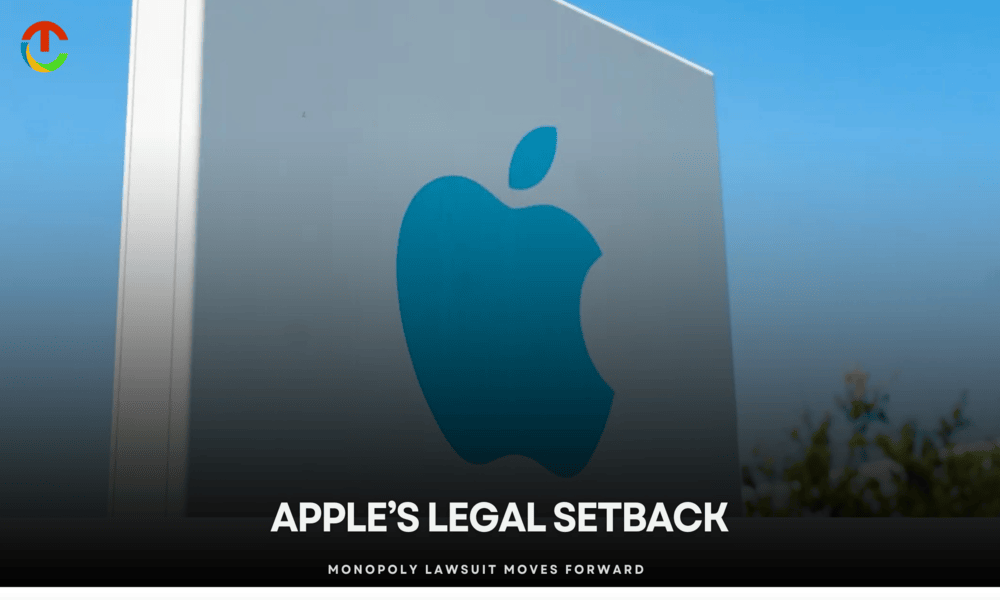In a significant legal move, Apple failed to reject a US government lawsuit accusing the company of monopolizing the smartphone industry. The case, led by the United States Department of Justice (DOJ), will now go to trial, dealing a huge blow to Apple’s legal defense and long-held market supremacy.
Federal Judge Julien X. Neals denied Apple’s petition to dismiss the lawsuit, allowing the antitrust action to proceed. The Department of Justice, together with more than a dozen states, has accused Apple of establishing a monopoly through restrictive tactics that hinder innovation and damage both customers and developers.
Court Rules DOJ Can Proceed with Antitrust Case
The DOJ’s complaint argues that Apple has unfairly limited competition by restricting third-party app stores, blocking cloud streaming services, and tightly controlling developer access. According to officials, these actions create barriers that prevent users from switching to rival platforms and developers from reaching a wider audience.
Apple attempted to argue that its practices were in the interest of user security and consistent ecosystem experience. However, the judge ruled that the government had presented enough plausible allegations to proceed with the case.
This lawsuit follows years of increasing scrutiny over Apple’s business model and its control over the iOS ecosystem. Critics have long claimed that Apple’s walled-garden approach prevents healthy competition and unfairly benefits its proprietary services and apps.
Implications for the Tech Industry
If successful, the DOJ’s lawsuit could have wide-reaching consequences, not just for Apple but for the broader tech industry. Regulators around the world are watching the case closely, as it could set new precedents on how digital marketplaces are governed.
The DOJ emphasized that the lawsuit is meant to restore competition and provide consumers with more choice. “Apple’s conduct prevents mobile technologies from evolving in ways that would benefit consumers,” a DOJ spokesperson stated.
Apple, on the other hand, has denied all allegations and expressed disappointment with the court’s decision. The company maintains that it has always acted in the best interest of its users, providing a secure and seamless experience that supports developers.
What Happens Next?
With the case moving forward, Apple is expected to face an extended legal battle that could stretch over several years. Both sides will now begin the discovery phase, where evidence is exchanged and depositions may take place.
While Apple may still seek to resolve the case before trial, legal experts suggest that the company is preparing for a prolonged courtroom defense. This lawsuit adds to a growing list of global legal challenges faced by Big Tech firms as regulators clamp down on perceived abuses of market power.
As the case unfolds, it could redefine how tech giants like Apple are allowed to operate and interact with competitors in the digital space.









